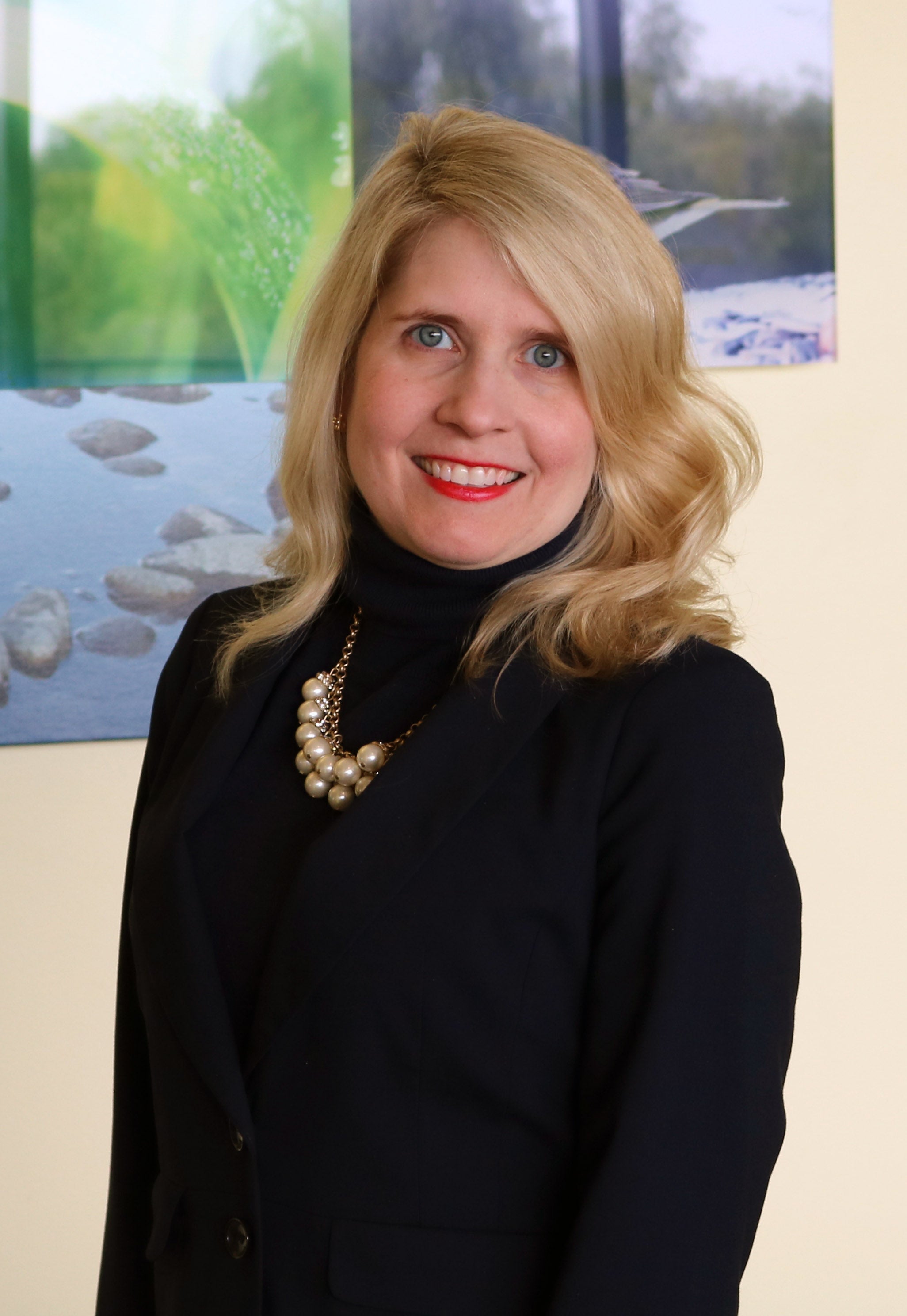
Jennifer Marsh, a clinical assistant professor in the School of Nursing, presented a webinar on financial literacy education on behalf of the American Association of Colleges of Nursing in May 2020.
Marsh has taught financial literacy in the School of Nursing since 2014.
“If you don’t really learn it, you’ll never feel confident talking about it [with a partner or employer],” she said. Her goal is to empower students with knowledge to know what to do now, and continue their financial literacy education.
Nursing, like many professions, can be a high-stress job and involves unpaid time training under a working professional for undergraduate students preparing for licensure.
Many students in the School of Nursing’s RN-BS completion track are working as registered nurses while returning to finish their undergraduate degree. These students often have family or other financial considerations that are unique compared to many traditional undergraduate students who have yet to apply for licensure.
In the School of Nursing financial literacy class, students discuss emergency planning using cash and credit, investment and homeownership, saving for retirement, insurance management, and managing finances in a marriage or partnership. Students also learn several different budgeting philosophies to help determine what works best for their lifestyle, and develop a personalized list of extra-curricular financial education resources where they can continue to develop their financial literacy after the course ends.
In addition to more effectively managing their income at home, Marsh feels that this course prepares students to advocate for themselves in negotiating benefits in the workplace.
“Nurses who are confident in having these conversations [at home] can also have these conversations in leadership positions,” she said.
Marsh teaches the financial literacy course year round. In the past six years, Marsh says every section has been “close to or completely full.”